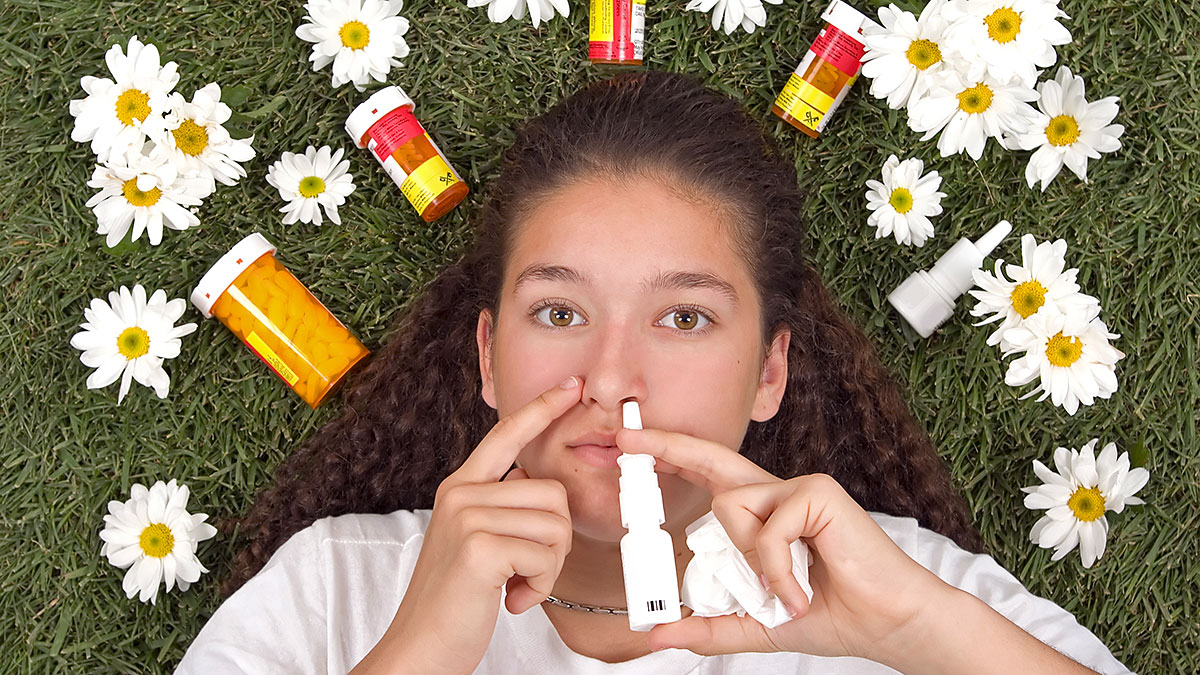As spring breathes new life into the natural world, it also marks the onset of seasonal allergies for many Americans. The National Institutes of Health (NIH) estimates that about 8% of the U.S. population suffers from seasonal allergies, also known as allergic rhinitis, with higher percentages likely in urban areas. The common symptoms are sneezing, itchy eyes, nose, throat, coughing, runny or blocked nose, and watery eyes, which can significantly impact daily life and overall well-being.
Recognizing Symptoms
It’s crucial to differentiate allergy symptoms from those of bacterial or viral infections, including COVID-19. The similarities between the symptoms of these conditions, especially in the current health climate, underscore the importance of accurate diagnosis. Typical COVID-19 symptoms include dry cough, fever, fatigue, and sometimes nasal congestion, general aches, sore throat, and nausea, with more severe cases having trouble breathing and respiratory failure.
Prevention and Treatment Strategies for Seasonal Allergies
Here are practical tips to minimize the impact of seasonal allergies and improve quality of life:
- Avoiding Allergens: While avoiding pollen altogether may be challenging, reducing exposure can help. This includes washing clothes, hair, and bedding in hot water, bathing pets frequently, avoiding upholstered furniture and carpets, maintaining low indoor humidity, and regular dusting and vacuuming.
- Pharmacological Treatment: Over-the-counter antihistamines, nasal sprays, and decongestants can relieve symptoms. For more severe symptoms, prescription medication and allergy shots may be recommended. Consulting with a healthcare provider can ensure the most appropriate treatment plan. Always keep nasal spray and eye drops handy.
- Prophylaxis: Eye drops, nasal sprays, and oral allergy medications before the blooming season can prevent the onset of symptoms. These medications are generally available over the counter and usually without side effects, and their regular use can significantly improve quality of life.
- Avoiding Allergens: While avoiding pollen altogether may be challenging, taking steps to reduce exposure can help. This includes washing clothes, hair, and bedding in hot water, bathing pets frequently, avoiding upholstered furniture and carpets, maintaining low indoor humidity, and regular dusting and vacuuming.
- Pharmacological Treatment: Over-the-counter antihistamines, nasal sprays, and decongestants can relieve symptoms. For more severe symptoms, prescription medication and allergy shots may be recommended. Consulting with a healthcare provider can ensure the most appropriate treatment plan. Always keep nasal spray and eye drops handy.
- Prophylaxis: Eye drops, nasal sprays, and oral allergy medications before the blooming season can prevent the onset of symptoms. These medications are generally available over the counter and usually without side effects, and their regular use can significantly improve quality of life.
The Importance of Not Ignoring Allergies
Allergies can weaken the immune system, increasing the risk of viral and bacterial infections. During epidemics or pandemics, untreated allergies can pose an additional threat. Proper allergy prevention and treatment enhance the quality of life and strengthen the body’s immunity.
Remember, although spring allergies can be bothersome, they are manageable with the proper preventive measures and actions before symptoms appear. Consulting a doctor or allergist is always advisable in cases of uncertainty or severe symptoms. Let’s embrace the spring with less sneezing and more breathing easy, knowing we’re prepared to face seasonal allergies head-on.
